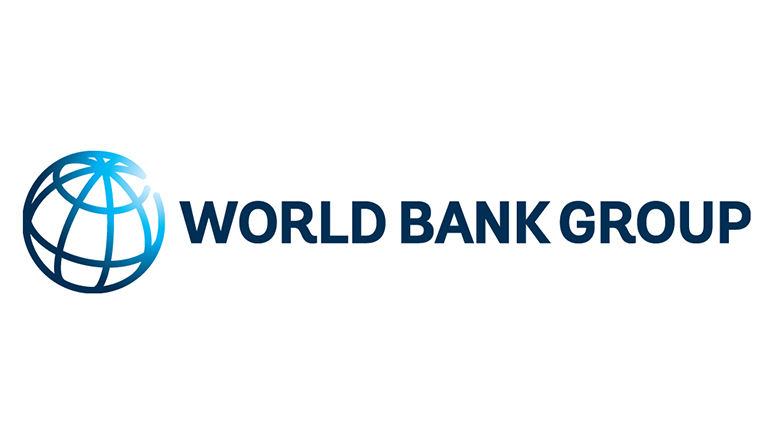
WASHINGTON, USA, 02nd October 2024 -/African Media Agency(AMA)/- Djibouti’s economy achieved an impressive rebound in 2023, outperforming forecasts with GDP growth estimated at 6.7 percent. The country benefited from a recovery in Ethiopia’s growing demand for port and logistics services. Additionally, domestic demand remained strong, supported by a recovery in private investment and government measures to mitigate the effects of inflation caused by the Russian invasion of Ukraine.
Shipping disruptions in the Red Sea have had mixed impacts on Djibouti’s economy. According to the World Bank’s most recent Djibouti Economic Monitor, “Strengthening the Sustainability and Equity of Public Finances,” transshipment activity at the port of Djibouti has strengthened, with a 39 percent increase in container volume handled in March 2024 compared to November 2023. However, the crisis has led to a significant increase in maritime freight costs, which is reflected in the prices of consumer goods in Djibouti.
In March 2024, inflation in Djibouti reached 5 percent, its highest level since December 2022, mainly due to a 6.1 percent increase in the prices of food and non-alcoholic beverages, affecting different regions of the country differently. The tensions in the Red Sea have also affected Djibouti’s customs revenues, which fell by about 910 million Djiboutian francs (0.1 percent of GDP) in the first quarter of 2024.
The medium-term outlook for Djibouti remains cautiously optimistic, with projected annual GDP growth of 5.1 percent between 2024 and 2026. However, risks such as fiscal deterioration, regional tensions, and climate shocks persist. Effective debt management and fiscal reforms are critical for ensuring long-term sustainability.
In addition, Djibouti’s external debt remains a significant challenge. Public debt levels increased due to non-concessional loans, with arrears reaching 6 percent of GDP by mid-2023. To achieve long-term debt sustainability, Djibouti will need to fully clear its external arrears and undertake a deep restructuring of its bilateral external debt portfolio, the report concludes.
“Djibouti new development plan will primarily focus on economic. Strengthening the sustainability of macroeconomic and public finance reforms is essential for ensuring inclusive growth and long-term prosperity for Djibouti. By optimizing fiscal policies and mobilizing domestic resources, we enhance public services and create opportunities for all citizens especially the most vulnerable,” said Ilyas Moussa Dawaleh, Djibouti’s Minister of Economy and Finance in charge of Industry.
The budget faces persistent pressures due to declining tax revenues caused by tax exemptions, which reached 19 percent of GDP in 2022. Tax revenues fell from 13 percent of GDP in 2019 to 11.4 percent of GDP. In 2023, despite a nominal increase in revenues, tax revenues slightly increased to 11.5 percent of GDP thanks to economic recovery but were offset by a decline in non-tax revenues.
“The report makes it clear that tax reforms are needed that would lead to more equitable redistribution and increased revenues without exacerbating poverty”, said Fatou Fall, the Joint Resident Representative of the World Bank Group for Djibouti. “At the same time, it will be important to maximize the benefits of social programs such as the National Family Solidarity Program, which exclusively targets poor populations.”
The report dedicates a special chapter to the road sector and public spending, underscoring the critical importance of Djibouti’s road infrastructure for economic connectivity due to its strategic location and ports.
The World Bank in Djibouti
The World Bank’s portfolio in Djibouti consists of 19 projects worth a total of US$401.3 million. The portfolio focuses on education, health, social safety nets, energy, rural and urban development, modernizing public administration, digital development, strengthening governance, infrastructure, and on private sector development, with an emphasis on women and youth.
Distributed by African Media Agency (AMA) on behalf of World Bank Group.

